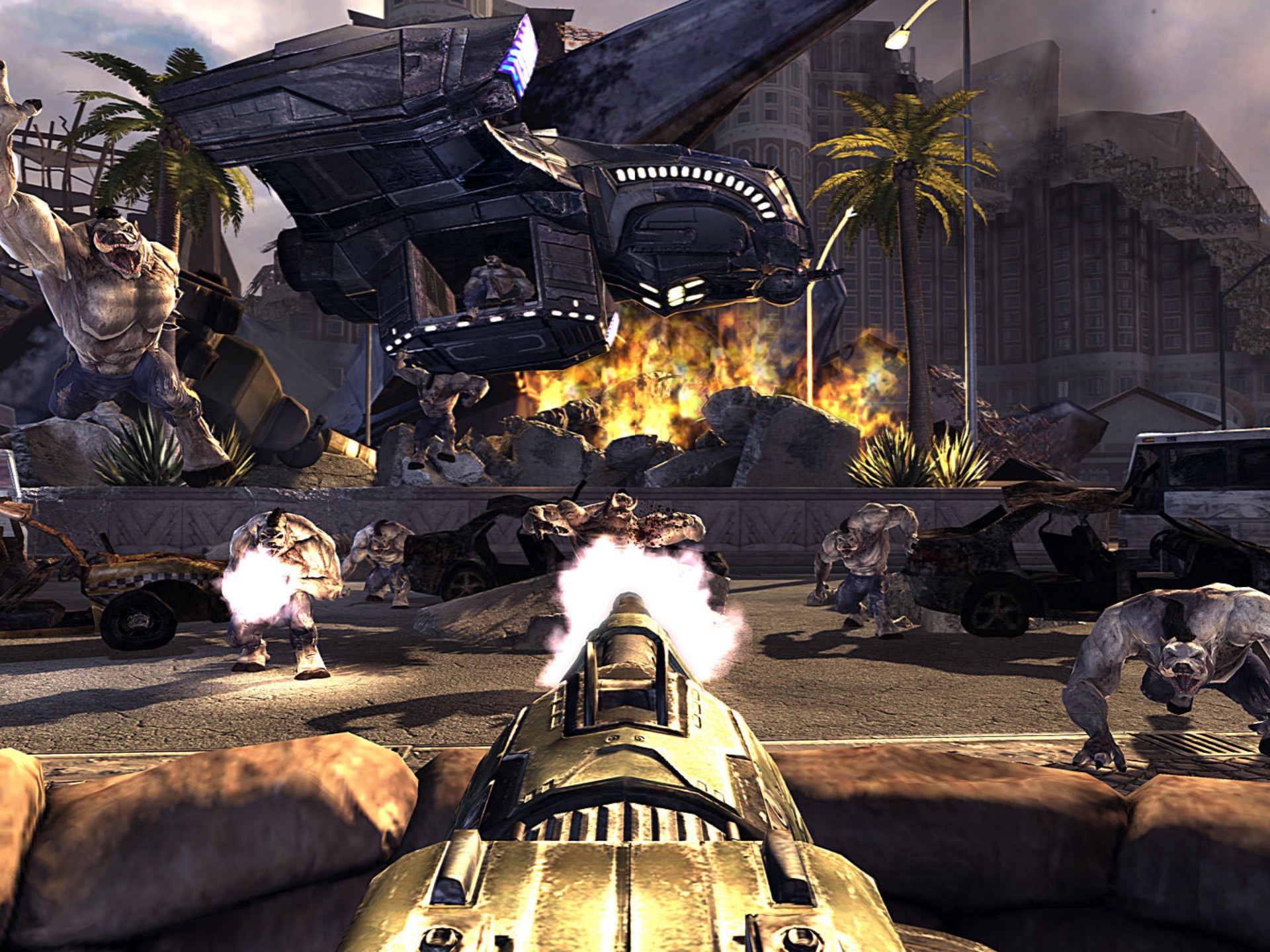The Most Underpowered Abilities in Games and Fiction
Introduction
In the vast worlds of video games, tabletop RPGs, and fiction, abilities and powers shape characters and define their strengths. However, not all abilities are created equal. Some are so weak, situational, or poorly designed that they become almost useless—earning them the title of "underpowered."
This article explores some of the most underwhelming abilities across different media, analyzing why they fail to impress and how they could be improved.
1. "Summon Weak Creature" Spells in RPGs
Many RPGs feature summoning spells, allowing players to call forth creatures to aid them in battle. However, some of these summons are so weak that they barely contribute to combat.
Examples:
- Final Fantasy series: Early summons like "Chocobo" or "Goblin" deal negligible damage.
- Dungeons & Dragons: The "Find Familiar" spell often summons a creature with minimal combat utility.
Why It’s Underpowered:
- Summoned creatures die quickly.
- Their damage output is insignificant compared to direct attacks.
- High mana cost for little reward.
How to Fix It:
- Increase summoned creature stats.
- Allow multiple summons at higher levels.
- Give them unique utility (scouting, buffs).
2. "Taunt" Abilities with Poor AI Response
Taunt abilities are meant to draw enemy aggression, but in many games, AI enemies ignore them entirely or the effect lasts too briefly to matter.
Examples:
- World of Warcraft: Some tank abilities fail against bosses immune to taunts.
- League of Legends: "Rammus’ Taunt" is short and often ineffective against high-mobility champions.
Why It’s Underpowered:
- AI ignores the taunt mechanic.
- Duration is too short to be useful.
- Some enemies are outright immune.
How to Fix It:
- Make taunt effects longer or unavoidable.
- Ensure AI respects taunt mechanics consistently.
3. "Self-Damage" Abilities with No Payoff
Some abilities force the user to take damage in exchange for a minor effect, making them more harmful than helpful.
Examples:
- Pokémon: "Take Down" and "Double-Edge" deal recoil damage with no real advantage.
- Magic: The Gathering: Cards like "Infernal Contract" require life payment for minimal gain.
Why It’s Underpowered:
- The cost outweighs the benefit.
- Better alternatives exist without self-harm.
How to Fix It:
- Increase the effect’s power.
- Add secondary benefits (healing, buffs).
4. "Stealth" Abilities That Don’t Work
Stealth mechanics can be fun, but some games implement them poorly, making sneaking nearly impossible.
Examples:
- Skyrim: Early-game stealth is useless due to high detection rates.
- Assassin’s Creed: Some guards spot the player instantly, breaking immersion.
Why It’s Underpowered:
- Detection is too fast.
- Lack of meaningful stealth bonuses.
How to Fix It:
- Improve detection logic.
- Add more stealth-enhancing gear.
5. "Fear" Effects That Do Nothing
Fear abilities are supposed to make enemies flee, but in many games, they either don’t work or are easily resisted.
Examples:
- Dark Souls: Fear-inducing weapons rarely affect bosses.
- Dota 2: "Terrorize" is often dispelled instantly.
Why It’s Underpowered:
- High resistance rates.
- Fleeing enemies quickly return.
How to Fix It:
- Make fear harder to resist.
- Increase duration or add secondary effects.
Conclusion
Underpowered abilities can ruin gameplay balance and frustrate players. Whether due to poor design, weak scaling, or AI issues, these abilities often go unused. Developers should revisit them, adjusting mechanics to make them viable.
By improving these abilities, games can offer more diverse and rewarding playstyles—ensuring no skill is left forgotten.

Tags: #Gaming #RPG #GameDesign #UnderpoweredAbilities #BalanceIssues


















